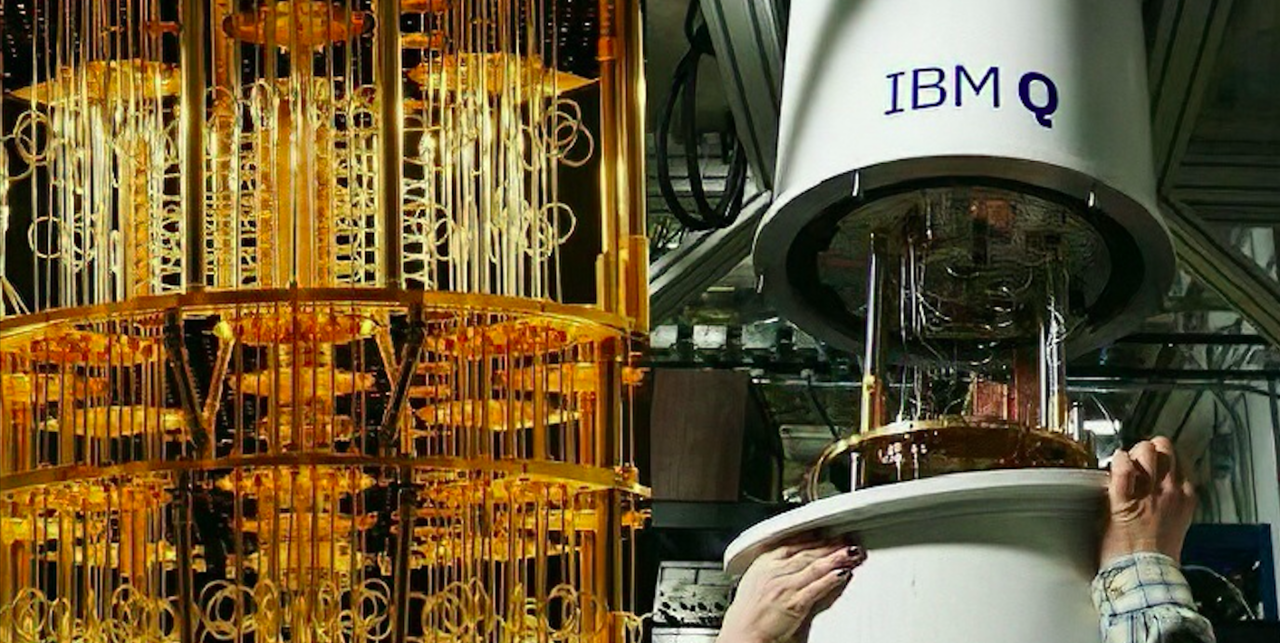What Quantum Computing Can Solve That Classical Computers Can’t (Yet)
Quantum computing is no longer just a theory—it’s reshaping how we think about computation. But what exactly can quantum computers do that even the most powerful classical supercomputers can’t?
Let’s dive into the kinds of problems where quantum computing is either already outperforming or is expected to outperform classical systems.
⚛️ 1. Factorizing Large Numbers (Breaking RSA Encryption)
Quantum Solution: Shor’s Algorithm
Classical Limitation: Extremely slow — factoring a 2,048-bit number would take millions of years.
Quantum computers can break widely used encryption schemes (like RSA) by factoring huge numbers exponentially faster. While this is still theoretical at scale, it’s why quantum-safe cryptography is a major field of research.
🌌 2. Simulating Quantum Systems
Use Case: Drug discovery, materials science, superconductors
Why Classical Fails: Quantum systems have exponentially many variables; classical models can’t simulate them efficiently.
Quantum computers are naturally suited to simulate other quantum systems — making them ideal for modeling molecules, protein folding, and complex chemistry that classical computers approximate poorly or not at all.
📈 3. Combinatorial Optimization Problems
Examples:
- Route planning (e.g., traveling salesman problem)
- Portfolio optimization in finance
- Logistics and supply chain
Quantum algorithms like Quantum Approximate Optimization Algorithm (QAOA) and Grover’s Algorithm can provide faster or better solutions to problems with huge solution spaces.
🧬 4. Machine Learning & Pattern Recognition
Quantum machine learning (QML) could unlock faster data classification, clustering, and dimensionality reduction — tasks that choke classical ML on large or noisy datasets.
Example: A quantum SVM (support vector machine) could analyze datasets far too large for classical versions to handle efficiently.
🌐 5. Quantum Cryptography (Not Just Decryption!)
Quantum computers enable Quantum Key Distribution (QKD) — a fundamentally secure method of communication that alerts you if anyone tries to eavesdrop.
Unlike classical encryption, quantum-secured communication is provably unhackable based on the laws of physics.
🧊 6. Material Discovery & Battery Chemistry
Companies like Mercedes-Benz, ExxonMobil, and BASF are exploring quantum simulations for:
- Battery materials
- Catalysts
- CO₂ capture technologies
These are extremely hard problems for classical systems because they involve highly entangled quantum states.
⌛ 7. Speeding Up Search in Unstructured Data
Grover’s Algorithm allows quantum computers to search unstructured databases in √N time, compared to N for classical systems.
Example: Searching a 1 trillion-entry database could take ~1 million steps classically, but only ~31,622 steps quantumly.
🚧 Why Quantum Isn’t Replacing Classical (Yet)
- Quantum computers are still noisy and small-scale (NISQ era).
- Many problems don’t need quantum acceleration — classical algorithms remain better in many areas.
- Full-scale quantum advantage is still a few years away for most industries.
📌 TL;DR — Quantum Advantage Summary Table
| Problem Type | Classical Feasibility | Quantum Advantage |
|---|---|---|
| Factoring Large Primes | Practically impossible | Exponential speedup |
| Quantum Simulations | Extremely limited | Native capability |
| Optimization Problems | Slow for large N | Potential speedups |
| Machine Learning (QML) | Growing limitations | Faster with QML |
| Cryptographic Security (QKD) | Vulnerable | Provably secure |
🚀 Final Thoughts
Quantum computing won’t replace classical computers — it will complement them, tackling a class of problems that were previously unsolvable.
As hardware improves and hybrid algorithms evolve, we’ll start seeing quantum advantage in real-world use cases — not just labs.
✍️ Suggested CTA (Call to Action):
Curious about how your industry could benefit from quantum computing? Stay tuned for our deep dives into Quantum in Finance, Quantum AI, and more — or subscribe for updates!






